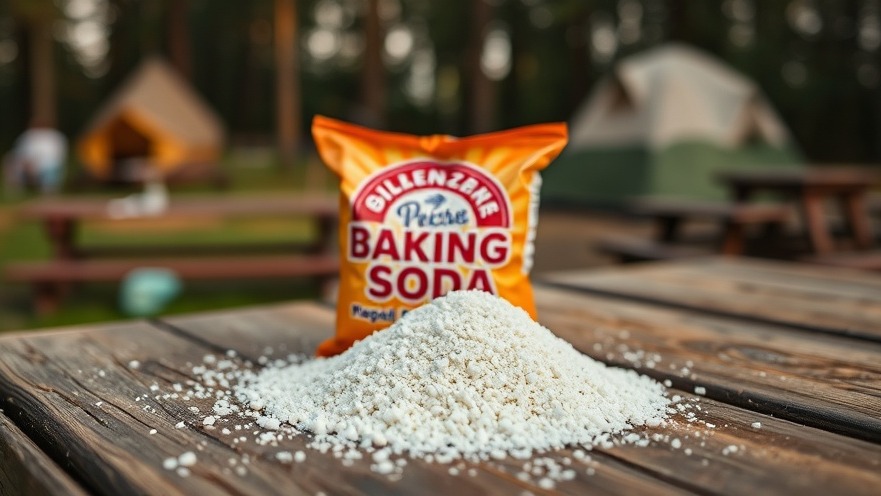
Discovering Safe Alternatives to Bleach for Your Laundry
For many homeowners, bleach has long been a staple of laundry care—a powerful agent for whitening and stain removal. However, increasing awareness of its detrimental effects on health and the environment raises a critical question: Is there a safer alternative? Indeed, there are numerous human-safe and eco-friendly options available today that not only rival bleach’s effectiveness but also promote a healthier home and planet.
The Toxicity of Traditional Bleach
Bleach, though once deemed indispensable for laundry, is notorious for releasing chlorinated volatile organic compounds (VOCs) into your home. Not only are these compounds linked to numerous health risks, including respiratory issues and potential carcinogenic effects, but they also pose significant dangers to children and pets. A staggering number of household poisonings are attributed to bleach, urging a need for change in our cleaning habits.
Seven Eco-Friendly Bleach Alternatives That Really Work
Let’s dive into seven powerful alternatives that can keep your laundry fresh, bright, and stain-free without the harmful side effects of traditional bleach.
1. Baking Soda
Baking soda is a versatile hero in the laundry room. To brighten your whites and soften your clothes, add half to one cup to your wash. It also doubles as a stain fighter; create a paste with water, apply it directly to the stain, let it sit, and then rinse. For larger items, soaking them in a baking soda solution works wonders.
2. Hydrogen Peroxide
Often overlooked, hydrogen peroxide is a fantastic alternative. Its bleaching effects can whiten fabrics while being much safer for both humans and the environment. Dilute it with water (one part peroxide to four parts water), and use it as a pre-soak for whites.
3. Lemon Juice
A natural brightener, lemon juice can freshen up your laundry while imparting a lovely scent. Just add half a cup to your laundry cycle to enhance brightness and kill odors.
4. White Vinegar
Vinegar acts as a natural fabric softener while brightening clothes. Add one cup to your rinse cycle to help remove detergent residue and keep your laundry soft. It also neutralizes odors, making it an excellent choice for smelly garments.
5. Essential Oils
Introduce your favorite essential oils (like tea tree or lavender) into your laundry for a pleasant aroma. They carry natural antibacterial and antifungal properties, ensuring your laundry smells fresh and clean.
6. Oxygen Bleach
Oxygen bleach products like sodium percarbonate provide bleach-like effects without harsh chemicals. It’s safe for colors and works effectively for stain removal.
7. Commercial Natural Laundry Products
Finally, investing in commercial natural laundry products can simplify your approach to bleach alternatives. Many brands now offer non-toxic options that are safe for both your clothes and the environment, ensuring quality performance without harmful side effects.
Why Switching Matters
Transitioning to these alternatives not only enhances the safety of your home but significantly reduces your environmental impact. As we face increasing challenges related to pollution and chemical exposure, every small change contributes to a healthier planet. Furthermore, these alternatives often come with added benefits, such as cost savings and increased fabric longevity.
Conclusion: Time to Respect Your Health and the Planet!
The laundry room doesn't have to be a hazardous zone. By embracing these seven alternatives, homeowners can maintain cleanliness and freshness without compromising their health or that of the environment. It’s time to rethink our reliance on bleach and make choices that foster a cleaner, safer home. Which alternative will you try first?
 Add Row
Add Row  Add
Add 






Write A Comment